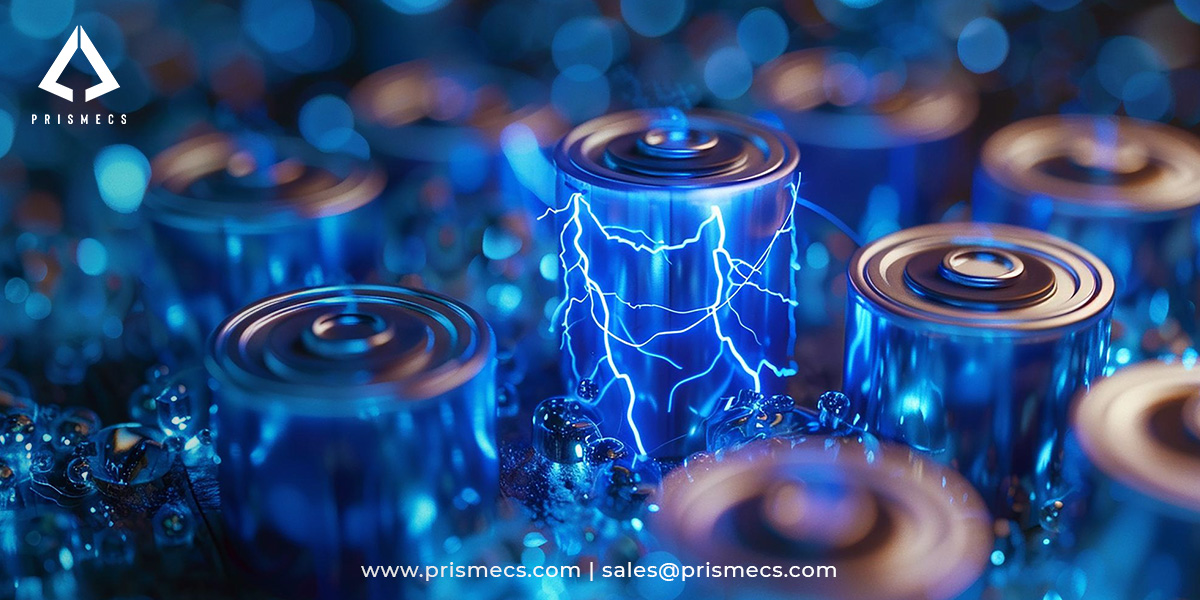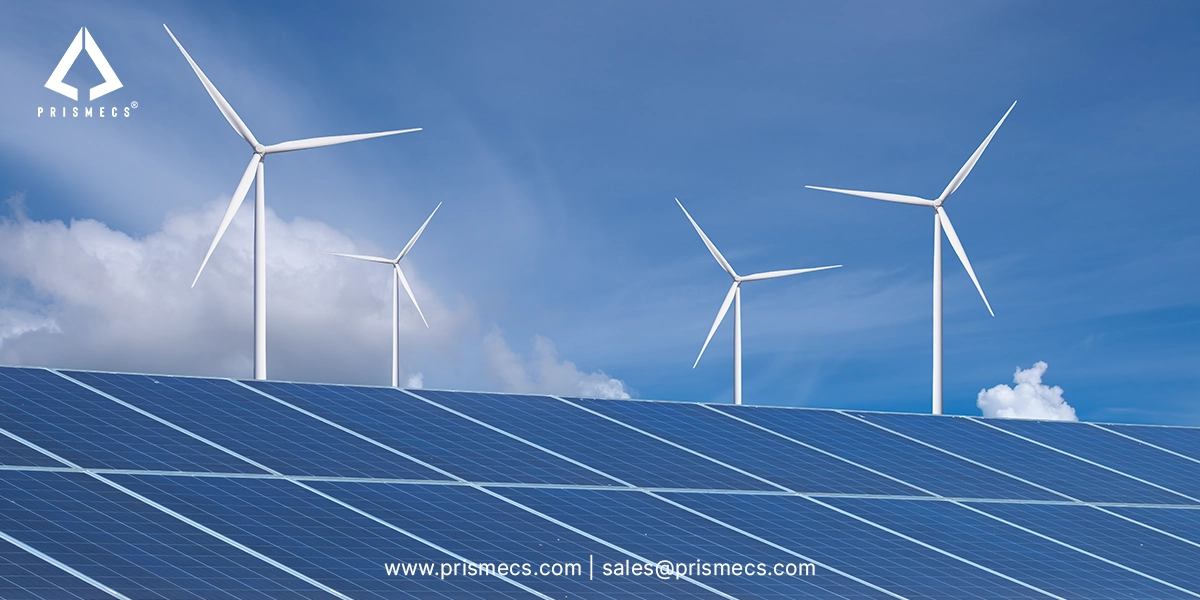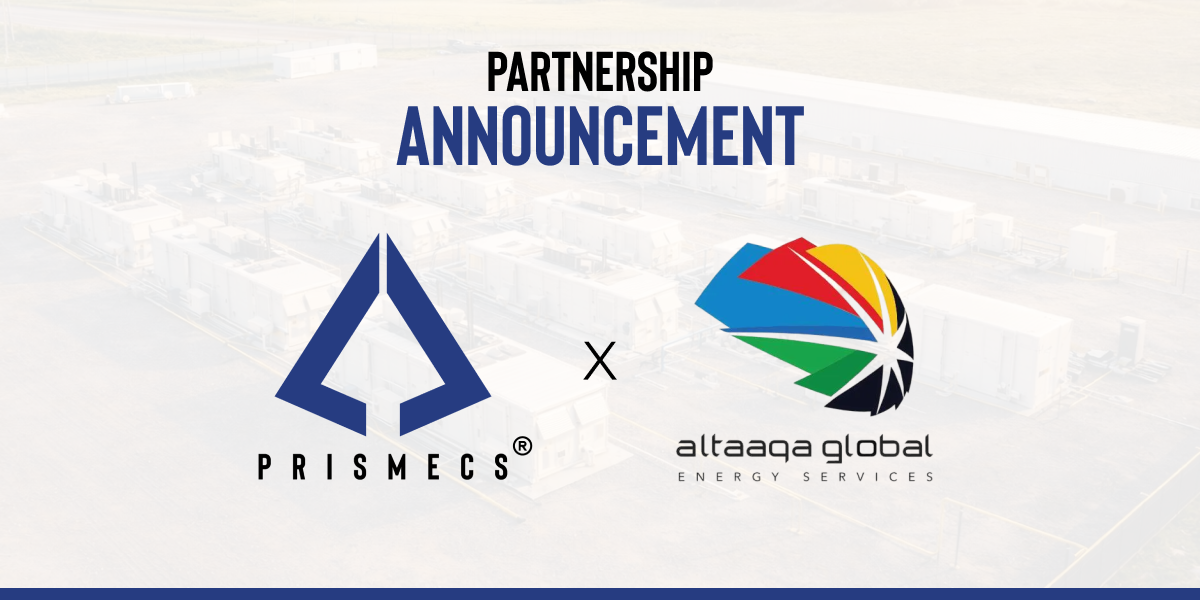
In the ever-evolving landscape of sustainable energy storage, a new promising solution has emerged on the horizon: water-based batteries. As the world grapples with the urgent need to transition away from fossil fuels, researchers are tirelessly seeking efficient and eco-friendly solutions. Could water-based batteries hold the key to unlocking a future where renewable energy is harnessed, stored, and distributed in unprecedented ways? This blog delves into the promising realm of water-based batteries, exploring their potential, future outlook, and usage to decipher whether they truly embody the future of sustainable energy storage.
The Need for Sustainable Energy Storage
As renewable energy sources like solar and wind power become increasingly prevalent, the intermittent nature of these sources poses a challenge. Energy generation might not align with energy consumption, leading to a shortage of power during peak demand. Efficient energy storage is crucial to address this problem, enabling a consistent supply of electricity and reducing reliance on fossil fuels. So, as a result of this problem, an emerging solution of water-based batteries arises which can hopefully solve the need for sustainable energy storage.
Rise in Renewable Energy Capacity
By 2023, the global renewable energy capacity will reach over 2,600 gigawatts (GW), which is nearly 30% of the world's total electricity generation capacity. Battery storage systems, such as lithium-ion batteries, are instrumental in smoothing out the intermittency of renewable energy sources like solar and wind. They store excess energy when generation is high and release it when demand is high or generation is low. This ensures a stable and reliable electricity supply and integrates seamlessly with Renewable Energy and EPC Services deployments.
Water-Based Batteries: A Promising Solution
Water-based batteries, often referred to as aqueous energy storage systems, are gaining attention as the industry looks for safer and more scalable alternatives for grid-level applications. Unlike conventional lithium-ion technologies that rely on flammable electrolytes, aqueous designs use water-based solutions that reduce thermal risk and simplify system-level safety considerations.
For utilities, independent power producers, and industrial operators integrating renewable generation, this shift is significant. Energy storage technologies are no longer evaluated solely on energy density but on lifecycle reliability, operational safety, and deployment flexibility across distributed energy environments. As renewable penetration increases, technologies that prioritize resilience and grid stability are becoming central to long-term infrastructure planning.
Basics of Water-Based Batteries
Rather than focusing on laboratory-level chemistry, it is more practical to evaluate water-based batteries through an infrastructure lens. These systems rely on ion exchange within water-based electrolytes to store and release energy, enabling stable cycling under demanding operational conditions.
From a deployment standpoint, aqueous battery architectures are being explored for stationary applications where safety margins, thermal stability, and simplified maintenance are critical. For grid operators and renewable developers, the emphasis is less on chemical composition and more on how these technologies integrate into existing power systems, balance intermittent generation, and support long-duration storage strategies.
How Water-Based Batteries can be used?
Water-based battery systems are being evaluated across several infrastructure-focused use cases where safety, scalability, and operational flexibility are essential.
Grid-Level Energy Storage
Aqueous batteries offer potential advantages for stabilizing renewable-heavy grids by storing excess generation during peak output and releasing energy during demand surges. Their non-flammable design may simplify permitting and deployment in densely regulated environments.
Renewable Energy Integration
As solar and wind installations expand, operators require storage solutions that can support frequency regulation, peak shaving, and load balancing. Water-based technologies are being explored as part of hybrid storage portfolios designed to improve dispatchability and reduce curtailment.
Industrial Backup and Microgrid Applications
Industrial facilities, data centers, and critical infrastructure increasingly rely on localized energy storage to maintain uptime. Water-based batteries could support resilient microgrid architectures by providing safe, scalable backup power aligned with distributed energy strategies.
Future Outlook
The evolution of energy storage is shifting from single-technology dominance toward diversified portfolios tailored to specific grid and industrial requirements. Water-based batteries are being evaluated alongside lithium-ion and alternative chemistries as operators prioritize lifecycle performance, safety, and sustainability.
Ongoing research is focused on improving cycle life, efficiency, and system integration capabilities. As deployment models mature, the success of aqueous battery systems will depend not only on technological advancement but also on how effectively they integrate into engineering workflows, EPC execution, and long-term operations strategies across renewable and conventional energy infrastructure.
Partner with Prismecs for sustainable battery storage solutions
Prismecs provides top-notch battery storage expertise for dependable renewable energy solutions. Notably, we achieved a groundbreaking 28 MWh capacity project, a 7 MW Battery Energy Storage System, capturing excess energy from PV solar in North America. We offer reliable renewable infrastructure setups, from solar panels to battery storage, delivering valuable insights and comprehensive services. Contact us today at 1-888-774-7632 or email us at sales@prismecs.com to embark on your renewable energy journey.
Tags: water-based batteries
recent posts

Power Generation
10 minutes read
How to Maximize Uptime in Power Generation Plants
Discover how Prismecs power plant maintenance helps operators prevent outages, protect revenue, and keep turbines running at peak performance. Learn h...

Renewables
8 minutes read
Opportunities in Renewable Energy Development
Explore Renewable Energy Development strategies focused on grid stability, faster deployment, and resilient power systems with Prismecs. Plan your nex...

Press Release
2 minutes read
Altaaqa Global & Prismecs Form Strategic Cooperation to Accelerate Modular Power Deployment Across USA
Prismecs and Altaaqa Global Announce Strategic Cooperation to Accelerate Modular Power Deployment in the United States Houston, TX & Dubai, UAE – Febr...

Procurement
9 minutes read
Complete Guide to Industrial Procurement Services
Explore Industrial Procurement Services for power and oil & gas projects. Cut delays, secure critical equipment, and build resilient supply chains wit...